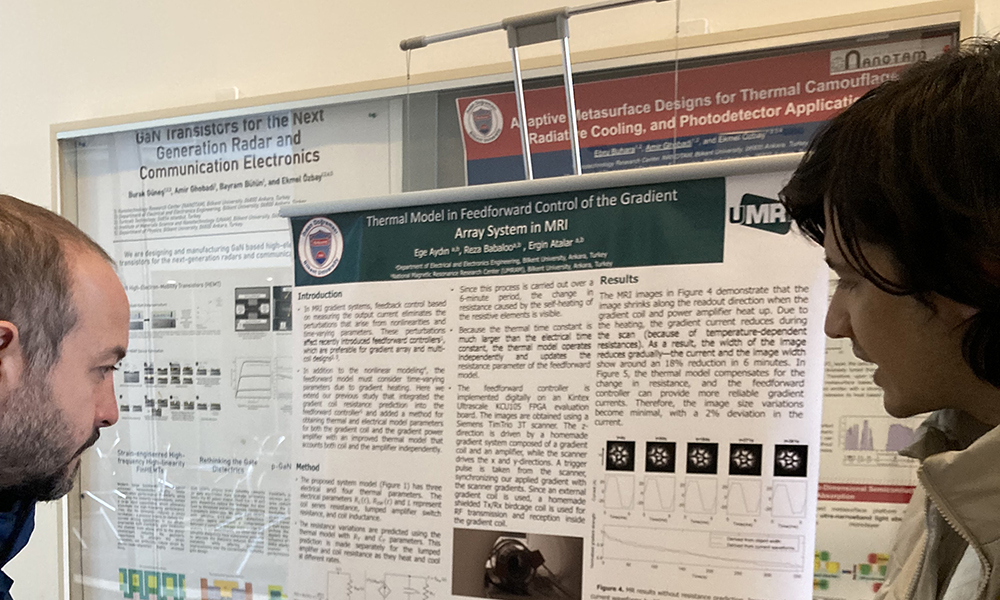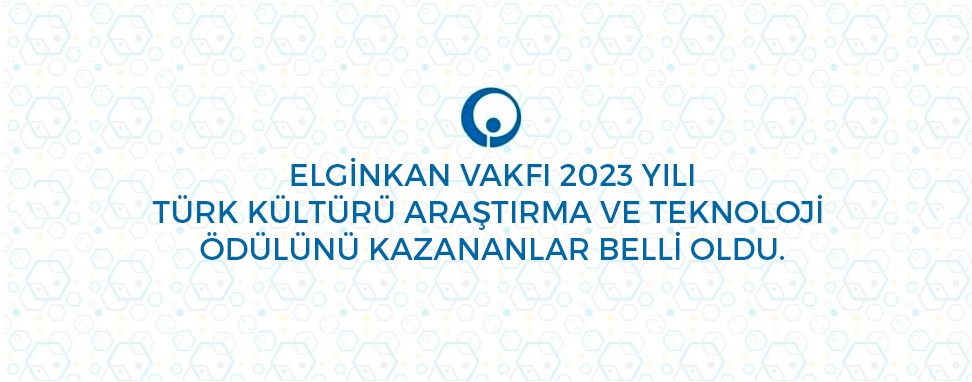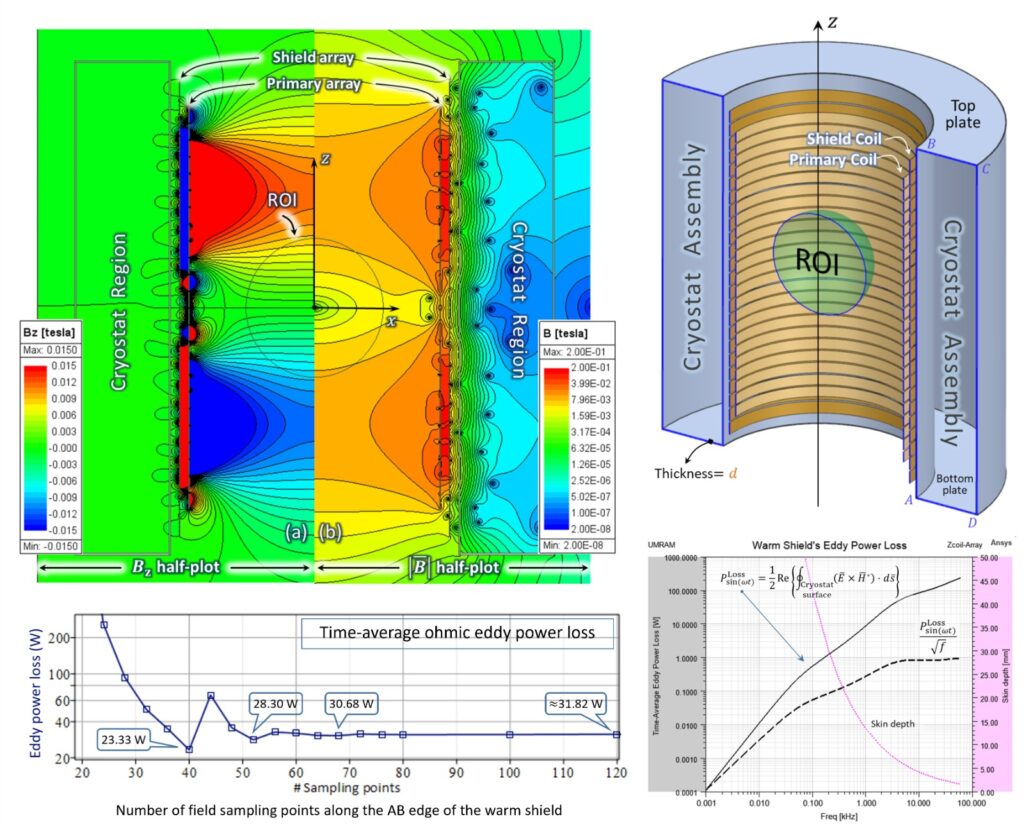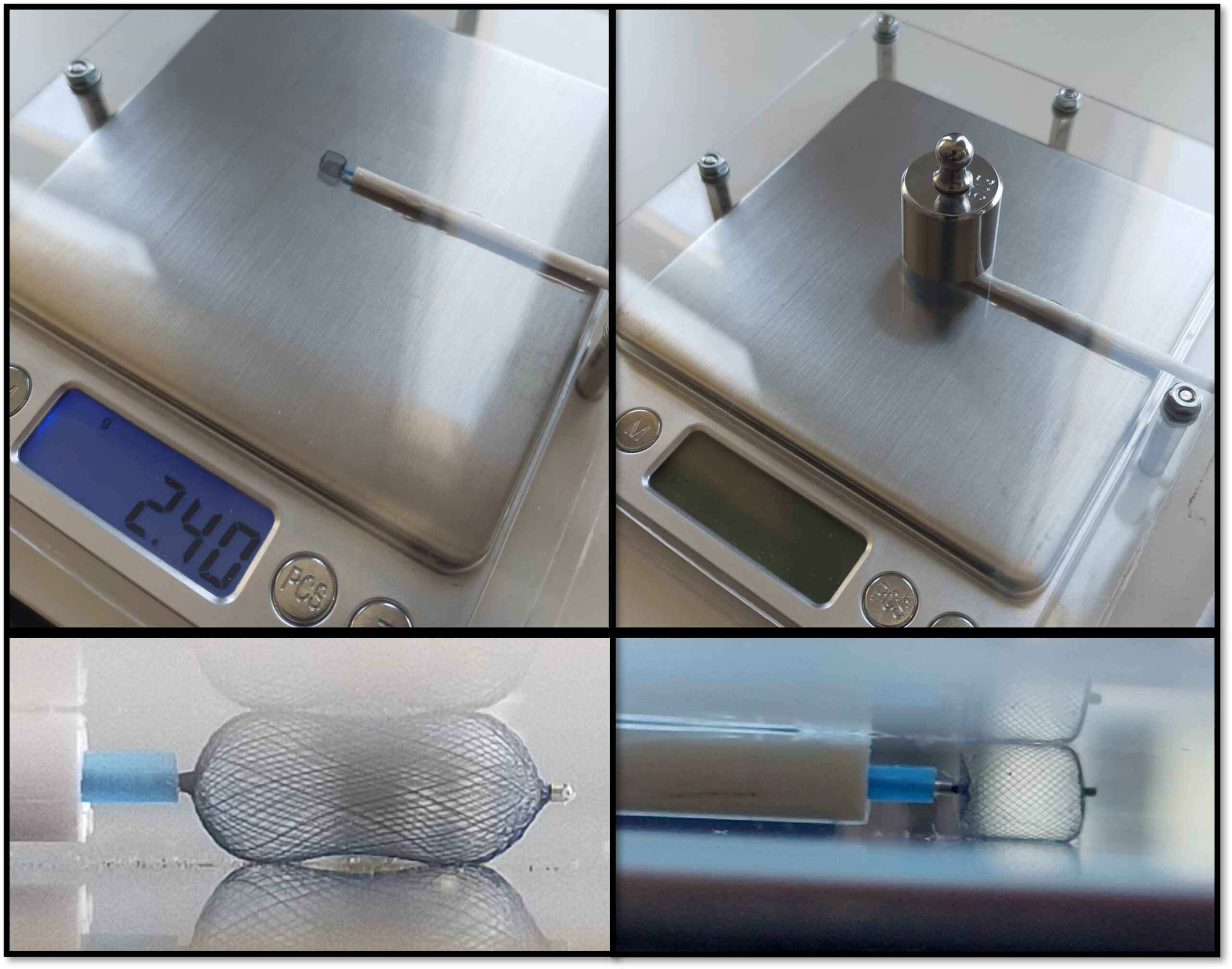The 34th Graduate Research Conference, organized by the Department of Electrical and Electronics Engineering (EE) and the IEEE Student Branch, took place on Thursday, January 25 in the lecture halls on the ground floor of the EE building. Bilkent EE graduate students described their state-of-the-art research projects in oral and poster presentations during this day-long […]
Read More



